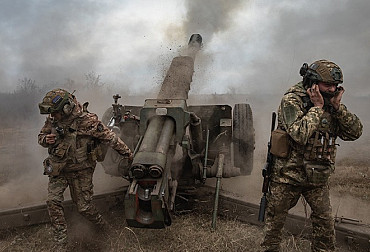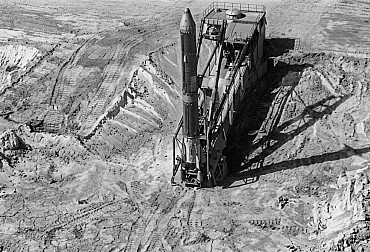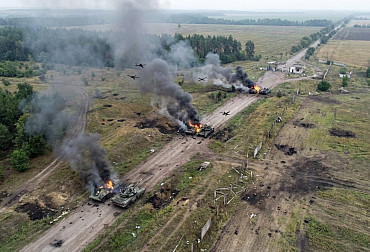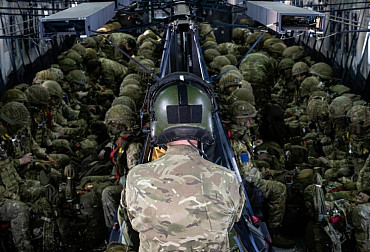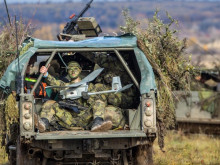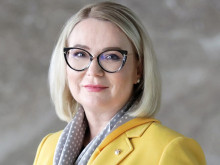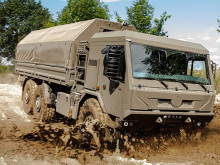Director of the ÚVN: In the context of modern conflicts, even military medical personnel cannot be assured of their safety.
As of 1 July 2024, Colonel and neurosurgeon Václav Masopust, who was appointed by Minister of Defence Jana Černochová on the basis of the results of a selection procedure announced by the Ministry of Defence of the Czech Republic, will become the head of the Central Military Hospital – Military University Hospital Prague.
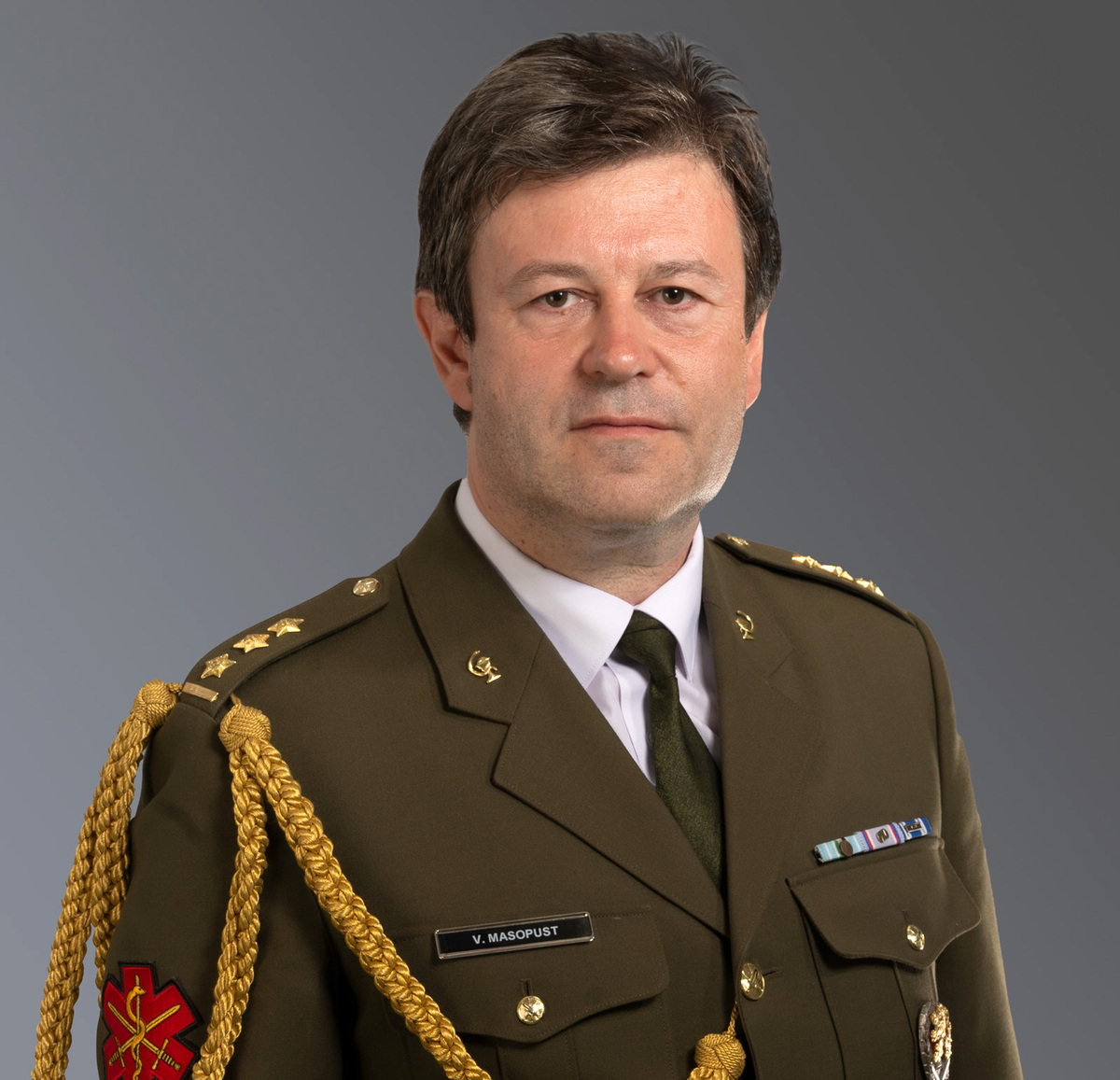
Neurosurgeon Masopust has been managing the Military Hospital in Brno since January 2024. He graduated from the 1st Faculty of Medicine at Charles University in Prague. From 1995 to 2013, he worked as a junior physician at the Neurosurgery Department of the Military University Hospital Prague (ÚVN). Since 2005, he has been performing endoscopic surgeries of the skull base. The main focus of his work is endoscopic surgical operations on sella turcica lesions, of which he has performed over a thousand. He has co-authored three books on neurosurgery and published 30 peer-reviewed articles in Czech and international journals in the fields of surgical pain management and neuromodulation. He has also published or co-authored 26 peer-reviewed articles on the surgical treatment of skull base lesions, especially pituitary adenomas. He has participated in three operational deployments abroad: Iraq (2005), Afghanistan (2013), and Kurdistan (2017). He is also a recipient of the Medal for Service in the Armed Forces of the Czech Republic and the NATO Non-Article 5 Medal (ISAF Operation). Since 2021, he has been the Chairman of the Board of Chief Experts of the Military Medical Service of the Army of the Czech Republic.
The healthcare system is one of the most important parts of a functioning army and defence, which is why we asked the new director of the ÚVN several questions:
In what condition are you taking over the Military University Hospital Prague and what are your goals?
The ÚVN is in good shape economically, but there are shortcomings that need to be addressed urgently. Due to the incomplete repair of the burnt-out Pavilion A, there are limitations for both staff and patients. Completing its reconstruction is therefore a priority. At the same time, we are already preparing changes in traumatology - both in terms of personnel, where we plan to strengthen it with new specialties, and in terms of layout, where we want to build a new trauma centre. We need to create reserve capacities in case it becomes necessary to admit many times the number of injured people.
The ÚVN also trains military doctors. What specific skills do you prepare doctors for?
At first glance, it might seem that only traumatology can prepare a doctor for combat situations, but this is not the case. We have to prepare doctors for situations where not everything is standard. You could say that oncology, for example, is a good preparation, because even here, despite all the advanced diagnostic tools, things may not always be as expected. But it’s not just surgeons we need; many other professions are involved. Additionally, we need to teach military medics not only medicine but also basic soldiering skills. We plan to increase the number of exercises – including shooting and other training – because of this.
To what extent are military and civilian medicine intertwined at the Institute of Military Medicine?
Military and civilian medicine are closely related, because without civilian medicine, doctors wouldn’t gain sufficient expertise. The biggest problem in contemporary medicine is superspecialisation. Some doctors only perform one type of procedure over and over again. I'm sure it's wonderful for reducing complications because by repeating the procedure they avoid all the mistakes. However, the problem arises when you need a doctor who has to handle the full range of procedures in a crisis situation. There are fewer of these specialists, and it is the military hospital that should focus on educating them.
To what extent is a member of the ÚVN staff a soldier-warrior, and to what extent is he a doctor in the context of the Hippocratic Oath?
A military doctor is, and always will be, first and foremost a doctor. However, in the context of modern conflicts, even military medical personnel cannot be assured of their safety, and marking a place with a red cross where the wounded are treated may resemble target practice. In such situations, every military medic must also be prepared for potential threats and know how to act. But the Hippocratic Oath remains ever-present in every medic, and I can’t imagine anyone refusing to treat the enemy.
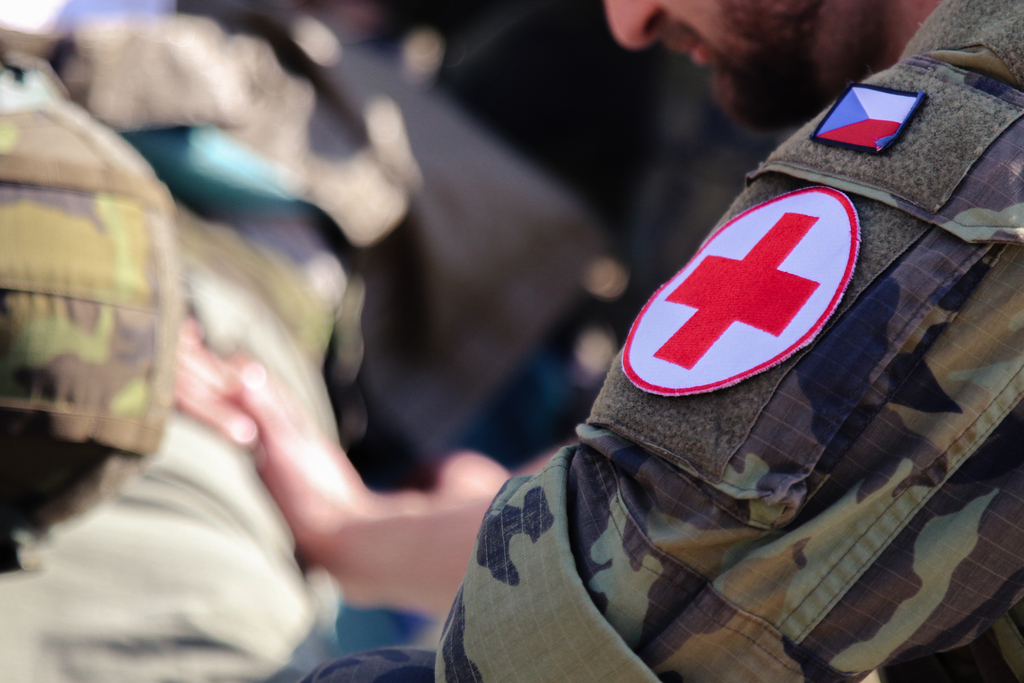
Do you think that it would be appropriate to somehow modify the current concept and system of recruitment examinations for recruits, given the overall state of the Czech population?
This has already been done. A new decree is coming into force, according to which there will be no distinction only between "able" or "unable". It will include more categories, because there are professions in the army where civilisation diseases do not mean a complete stop to joining the army. It will obviously have a big impact on military hospitals. Although not obvious at first glance, it will make it much more difficult to categorize recruits. An additional burden will come in the form of maintaining the health of soldiers admitted in this way, because our aim is to keep them in perfect condition and to ensure that illness does not interfere with the performance of their profession.
Does the Military University Hospital Prague still count on sending doctors to combat areas or humanitarian operations?
Yes, of course we do. For years, ÚVN soldiers have been actively involved in treating the wounded in combat operations. For example, while we cannot currently participate as soldiers in Ukraine, there are other areas where we can contribute, and we are happy to do so. We are also considering hospital placements in regions where doctors encounter a higher number of injuries similar to those seen in combat.











